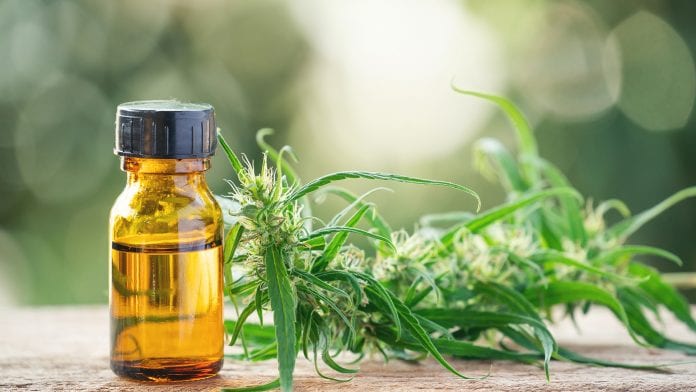
New research has shown that patients living with the chronic pain condition of fibromyalgia are swapping opioids for CBD in a bid to manage their pain with fewer side effects.
Fibromyalgia is very difficult to treat and causes severe pain for people living with the condition. New research from Michigan Medicine has now shown that fibromyalgia patients are using CBD products as an effective replacement pain killer for opioids.
Previous research has shown that some people substitute medical cannabis, often with high concentrations of THC, for opioids and other pain medications, reporting that cannabis provides better pain relief and fewer side effects. However, there is currently far less data on CBD use.
CBD for managing pain
For this study, the researchers focused on 878 people with fibromyalgia who said they used CBD. Kevin Boehnke, Ph.D., a research investigator in the Department of Anesthesiology and the Chronic Pain and Fatigue Research Center, and his team surveyed people with fibromyalgia about their use of CBD for the treatment of chronic pain.
They found that more than 70% of people with fibromyalgia who used CBD substituted CBD for opioids or other pain medications, and many reported that they either decreased use or stopped taking opioids and other pain medications as a result.
Boehnke said: “CBD is less harmful than THC, as it is non-intoxicating and has less potential for abuse. If people can find the same relief without THC’s side effects, CBD may be useful as a harm reduction strategy.
“Fibromyalgia is not easy to treat, often involving several medications with significant side effects and modest benefits. Further, many alternative therapies, like acupuncture and massage, are not covered by insurance.”
Boehnke noted that the rate of substitution in this instance is quite like the substitution rate reported in the medical cannabis literature. People who said they used CBD products that also contained THC had higher odds of substitution and reported greater symptom relief.
However, the finding that products containing only CBD also provided pain relief and were substituted for pain medications is promising and merits future study, Boehnke pointed out.
“Even with that lack of evidence, people are using CBD, substituting it for medication and doing so saying it’s less harmful and more effective,” he said, stressing the need for more controlled research into how CBD may provide these benefits, as well as whether these benefits may be due to the placebo effect.
Clinically, opening lines of discussion around CBD use for chronic pain is imperative, said Boehnke, for medication safety reasons as well as for “enhancing the therapeutic alliance and improving patient care.”









